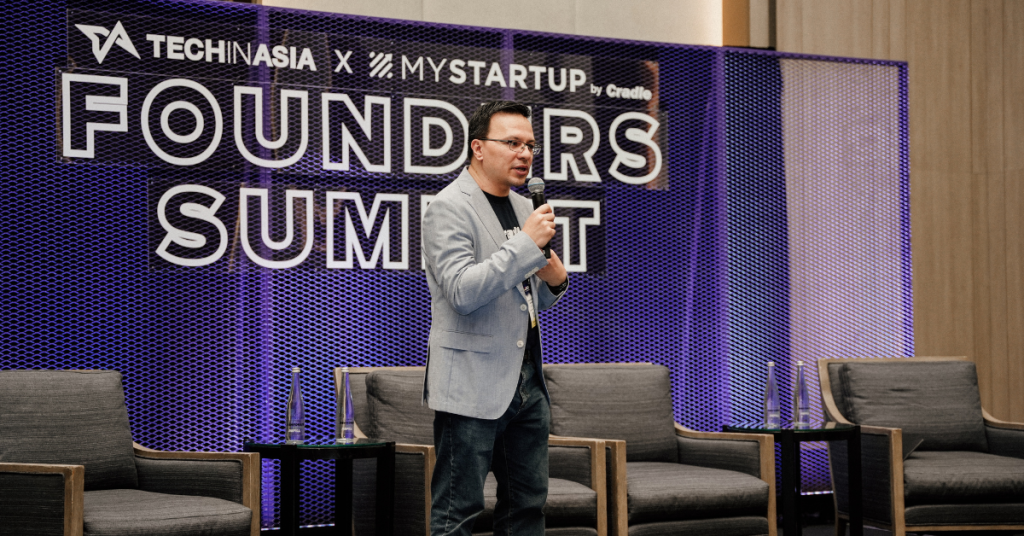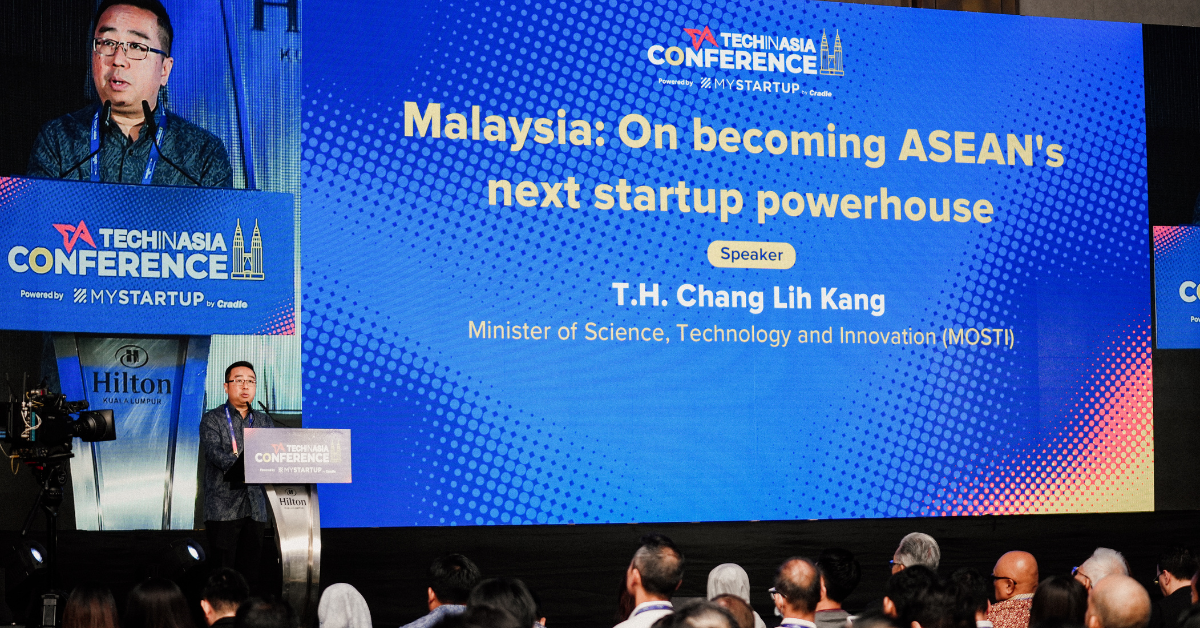[Written in partnership with Cradle, but the editorial team had full control over the content.]
Established in 2003, Cradle is the focal point agency for Malaysia’s early-stage startups.
Administered by the Ministry of Science, Technology and Innovation (MOSTI), Cradle’s mandate is to fund and support potential and high-calibre tech startups through its grant programmes, CIP Spark and CIP Sprint.
And now, MOSTI, as the National Committee on Science, Technology and Innovation (COSTI) Chair of Malaysia, has also mandated Cradle to lead the ASEAN Startup Initiative under the Science, Technology and Innovation (STI) sector.
But what is the ASEAN Startup Initiative?
Essentially, as the name suggests, the aim of the ASEAN Startup Initiative is to foster greater collaboration, innovation, and growth among startups in the region.
With Malaysia taking the chairmanship in 2025, Cradle, as the implementation agency under MOSTI, is set to pave the way for a thriving startup ecosystem in ASEAN.
The initiative will be implemented through ASEAN Technology Startup Ignite, one of Malaysia’s 2025 Priority Economic Deliverables, with the following objectives:
- Facilitating startup go-to-market strategies
- Fostering regional collaboration
- Promoting innovation and entrepreneurship
- Attracting foreign investment
- Creating job opportunities
- Enhancing economic growth
- Positioning ASEAN Member States (AMS) as competitive players in the global startup ecosystem

This was endorsed by the 85th Meeting of the ASEAN Committee on Science, Technology and Innovation (COSTI-85) and the 20th ASEAN Ministerial Meeting on Science, Technology and Innovation (AMMSTI-20) in Siem Reap, Cambodia recently.
Led by Malaysia, the ASEAN Startup Initiative addresses three main areas:
- Increase “startup-friendly” policies to create a conducive environment for startups to thrive,
- Enhance ecosystem readiness among ASEAN Member States to ensure a supportive infrastructure for startup growth, and
- Drive collaboration to foster impactful partnerships and synergies within the region.
“After KL20, we all witnessed the pinnacle of Southeast Asian tech at the Tech in Asia Conference, held for the very first time in Kuala Lumpur,” said YB Tuan Chang Lih Kang, Minister of MOSTI.
“By addressing key areas such as policy, ecosystem readiness, and regional collaboration, we aim to position the ASEAN Member States as leading players in the global startup landscape.”
What will Cradle be doing?
Norman Matthieu Vanhaecke, the Group CEO of Cradle, announced the key deliverables for Cradle, as outlined in the Priority Economic Deliverable 2025.
“Each of these deliverables has been meticulously curated to address not only local challenges but also regional issues,” he said.
Starting in 2024, Cradle will implement the ASEAN Startup Initiative in phases. The first phase will kick off with the development of the ASEAN Startup Portal, a cornerstone for regional startup collaboration and a valuable resource for startups and investors across ASEAN.
In 2025, the second phase of the ASEAN Startup Initiative will commence, focusing on capacity-building programmes.
Cradle aims to work with all ASEAN Member States, leveraging their collective strengths to address individual and shared challenges, and create a thriving ecosystem that benefits all member nations.
“Our unified efforts will pave the way for a prosperous and sustainable future,” Norman stated.
As Cradle makes good on their promises, startups in Malaysia can stay tuned to their social media to see what they launch next.
- Learn more about Cradle Fund here.
- Read other articles we’ve written about Malaysian startups here.
Featured Image Credit: Cradle Fund

